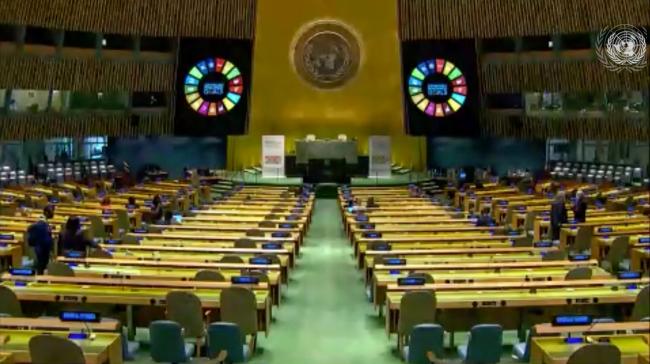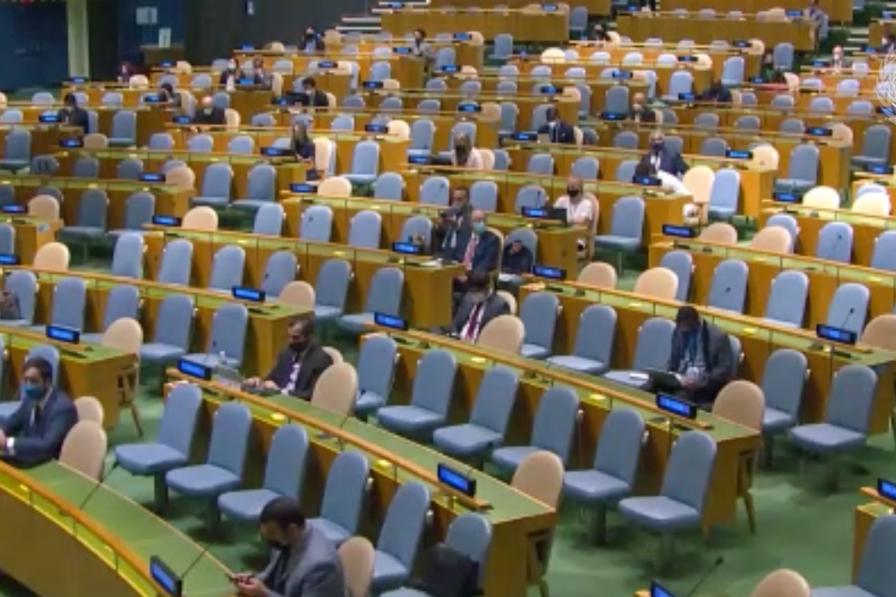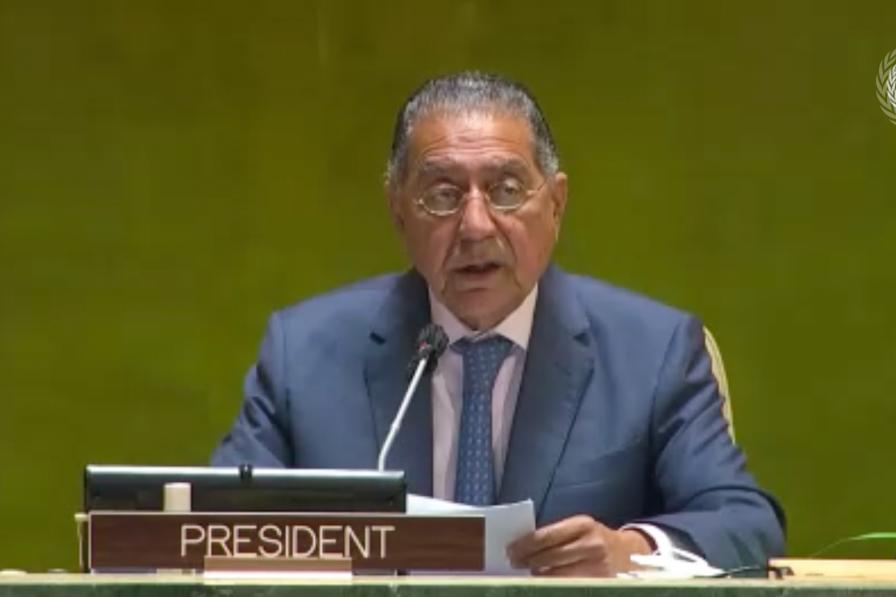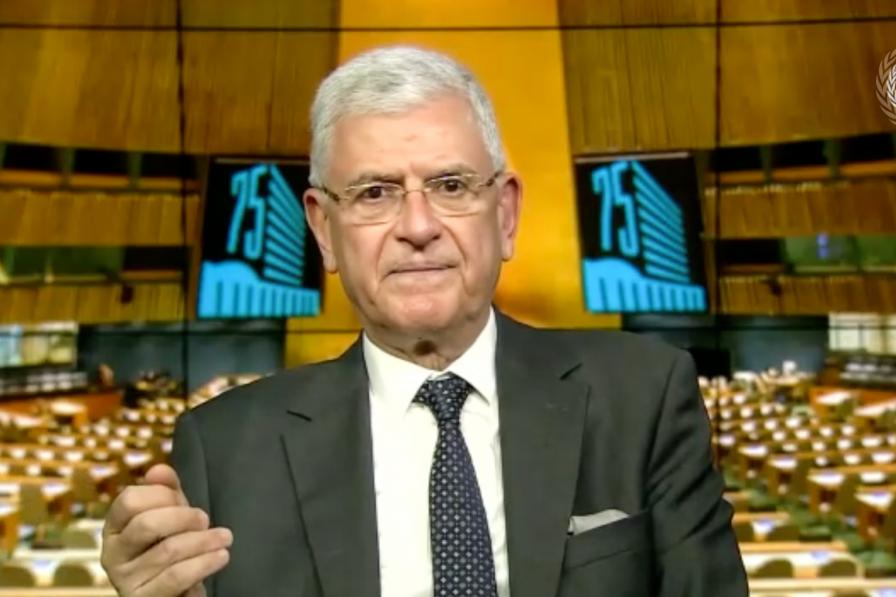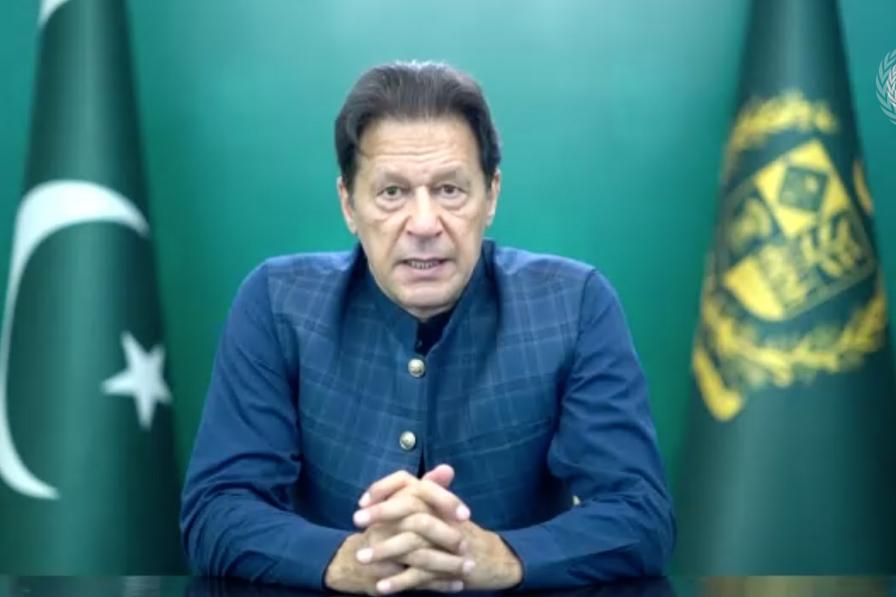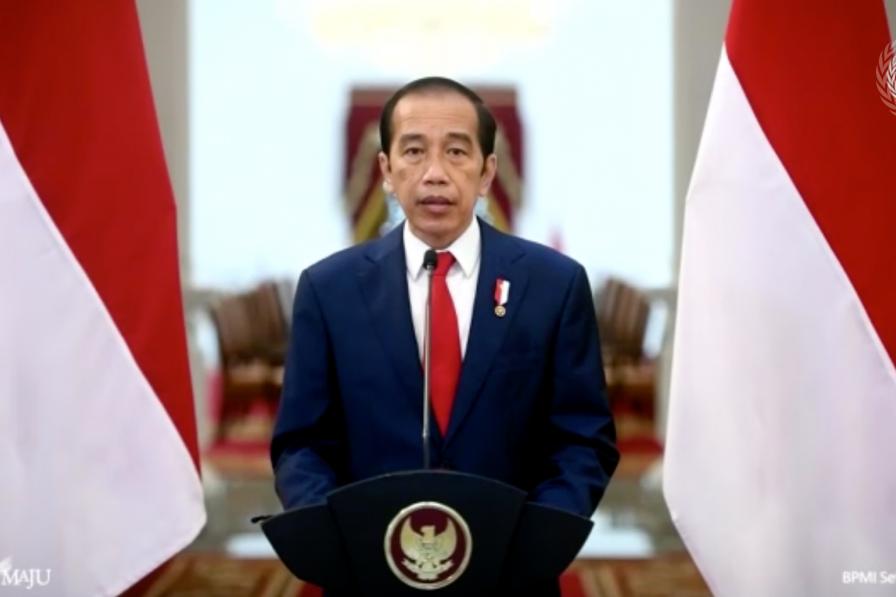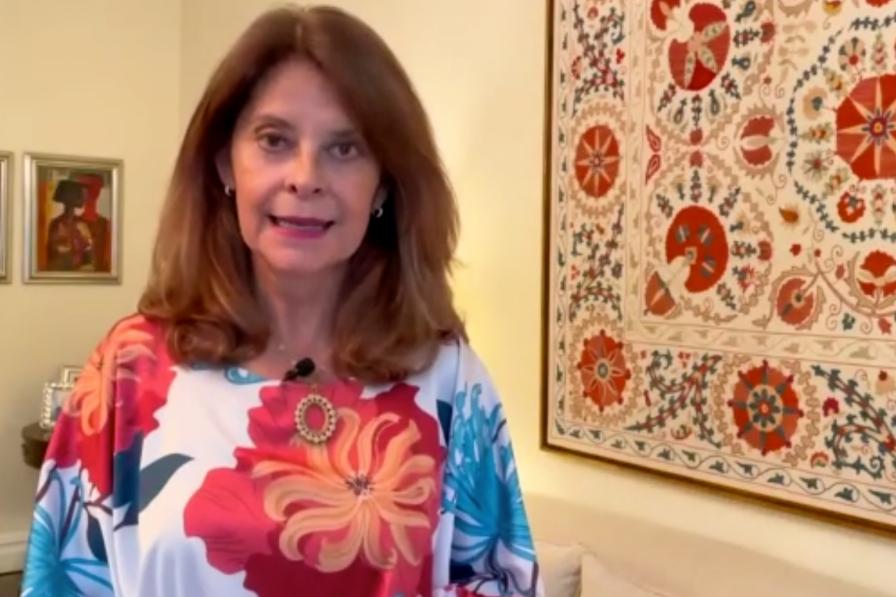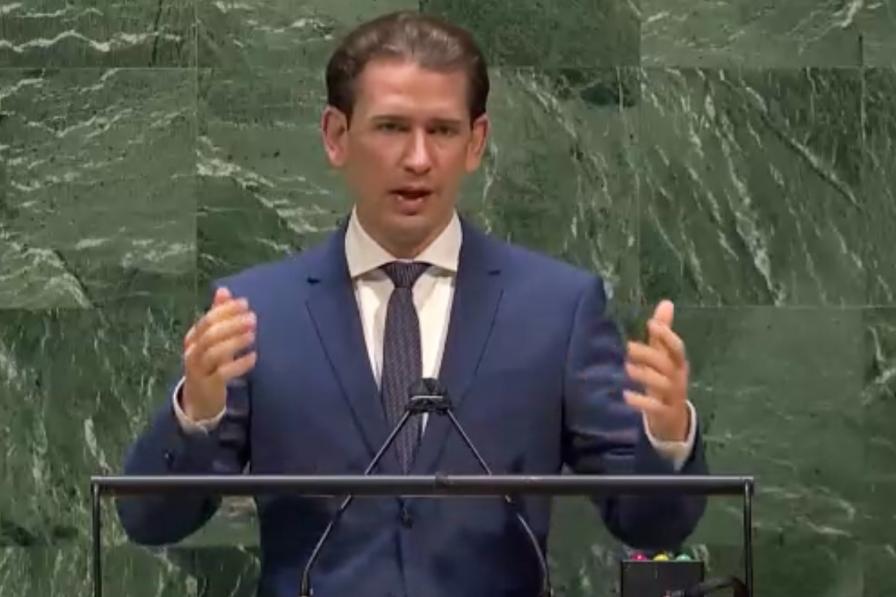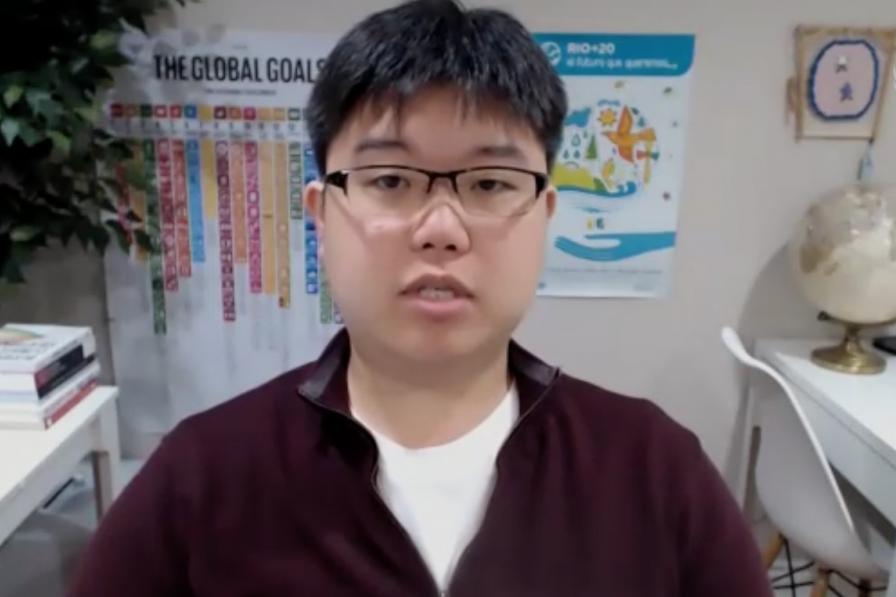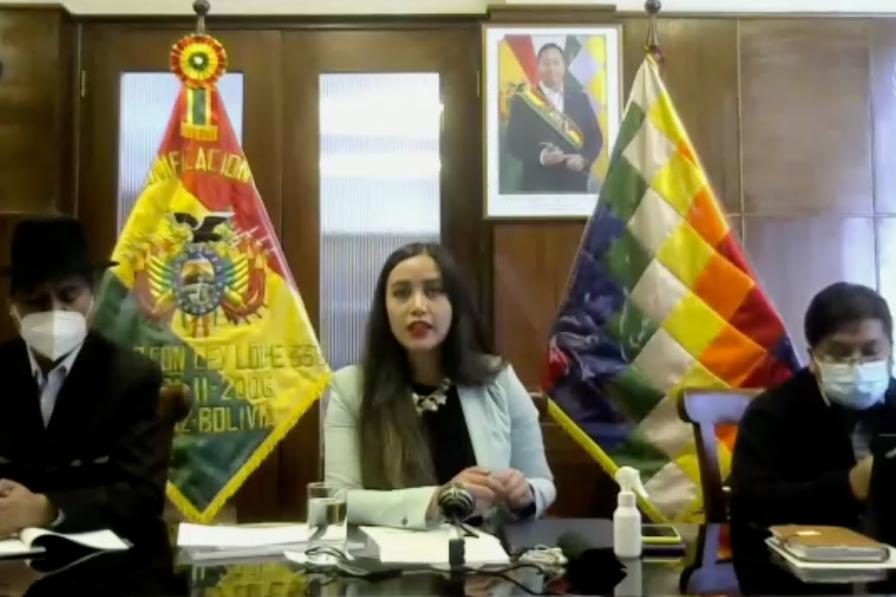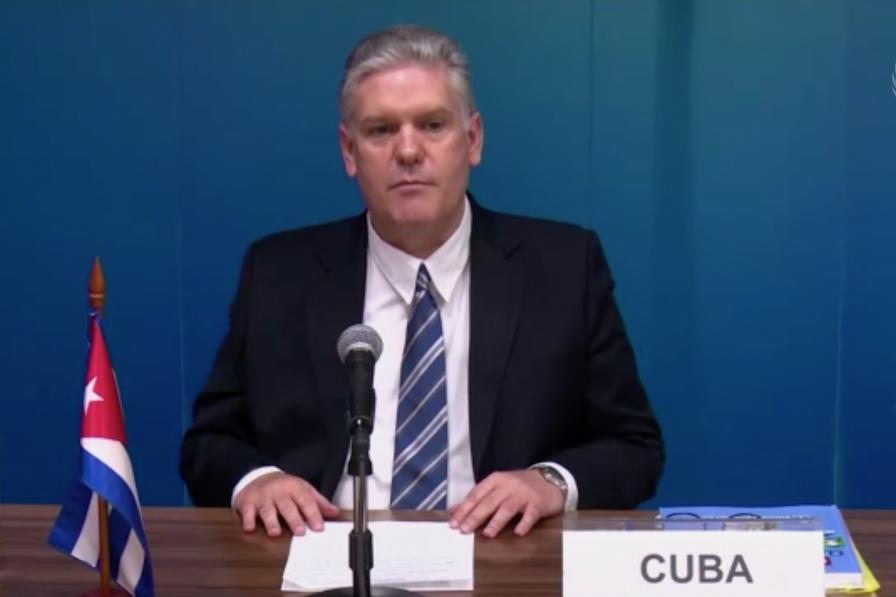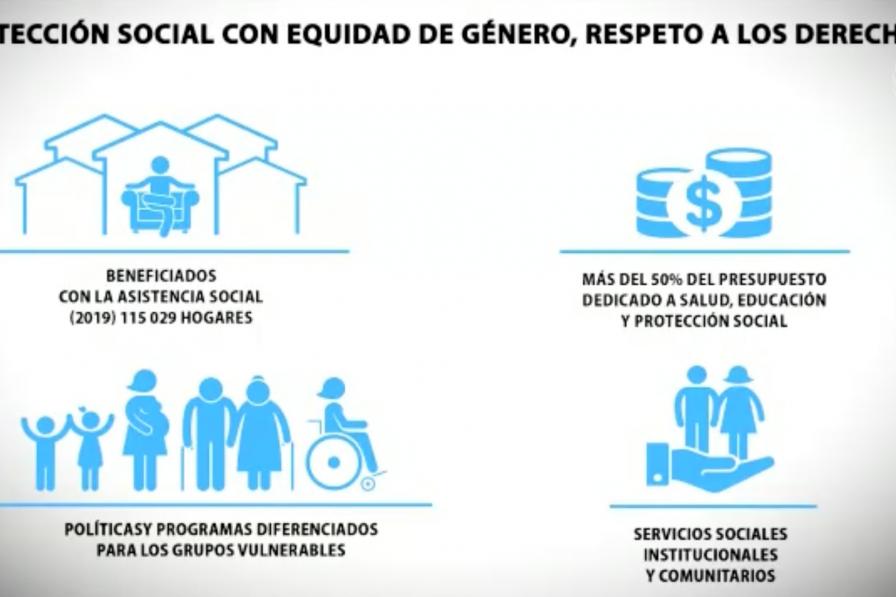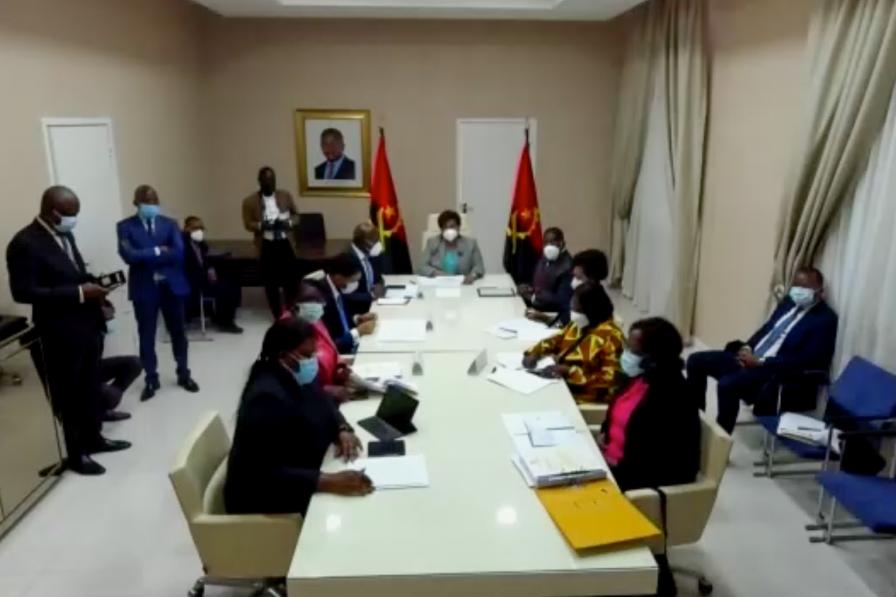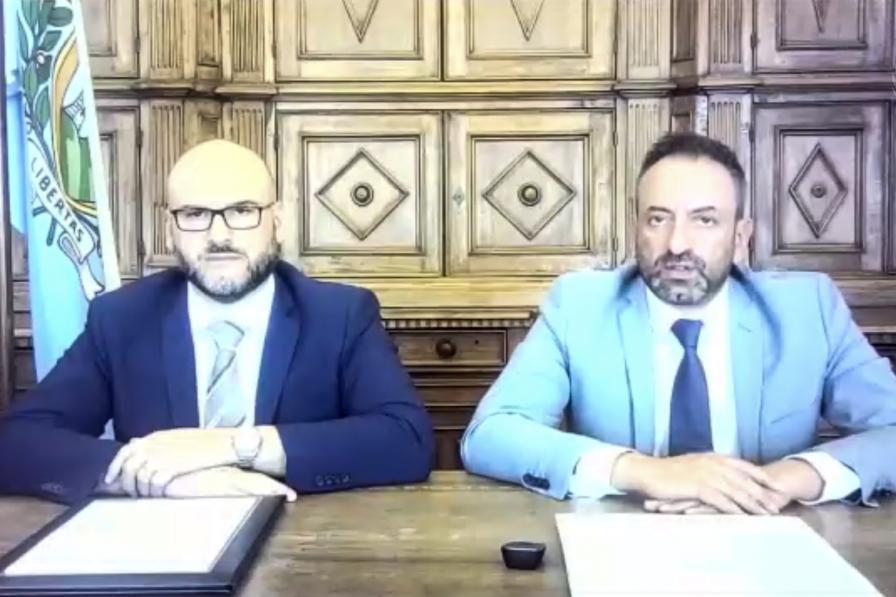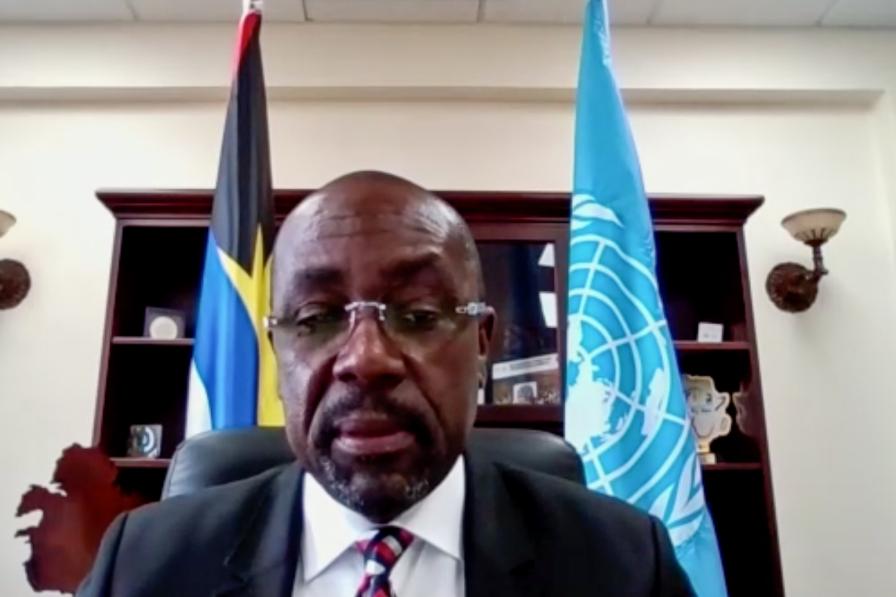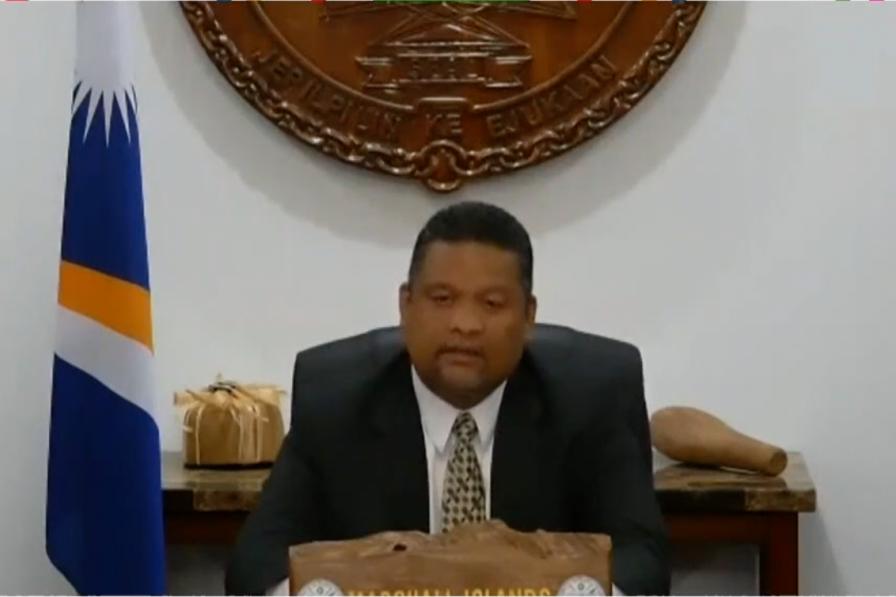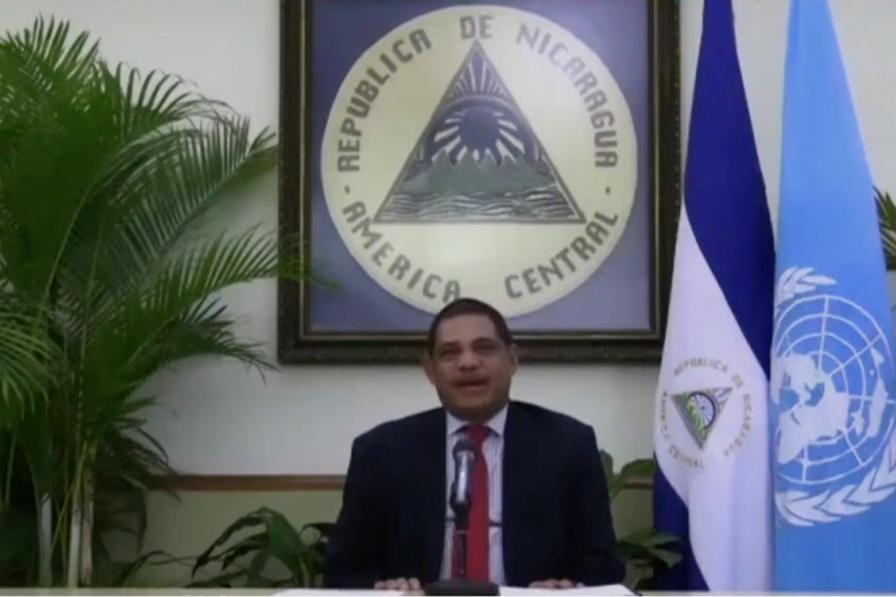“While the High-level Political Forum (HLPF) is intended to assess progress on the 2030 Agenda for Sustainable Development, we must face facts. Rather than progress, we are moving away from our goals.” UN Secretary-General António Guterres noted this stark reality in his opening address to the Ministerial Segment of the HLPF on Tuesday morning.
Opening the joint meeting of the High-level Segment of the UN Economic and Social Council (ECOSOC) and the three-day HLPF Ministerial Segment, ECOSOC President Munir Akram (Pakistan) noted this is an opportunity to demonstrate international solidarity and cooperation and lay the foundation for a global recovery that builds back better, adding “no one will be safe until everyone is safe.”
UN General Assembly President Volkan Bozkir called for: reforming the global financing architecture; rapidly expanding digitization, noting the digital divide is becoming “the new face of inequality"; reducing the gender equality gap; and promoting a green recovery that reconciles humanity’s relationship with the natural world.
Imran Khan, Prime Minister of Pakistan, shared four priorities for achieving the Sustainable Development Goals (SDGs) and pandemic recovery, including: universal and affordable access to vaccines; adequate finance; national and international development strategies that target social protection, sustainable agriculture, digitization, and sustainable infrastructure; and reforming the international financial and trade architecture.
Other speakers, including Joko Widodo, President of Indonesia, Marta Lucía Ramírez Blanco, Vice President of Colombia, and Sebastian Kurz, Chancellor of Austria, highlighted lessons learned from the COVID-19 pandemic and the need for action.
Two youth delegates also spoke. Steve Lee, Organizing Partner, Major Group for Children and Youth, highlighted key outcomes of the ECOSOC Youth Forum 2021 and stressed the importance of sharing decision-making power with youth and to include children on UN delegations and in the Voluntary National Review (VNR) process. Melati Wijsen, Co-Founder of Bye Bye Plastic Bags and YouthTopia, described her work to successfully champion a ban on plastic bags in Bali, Indonesia, and that this youth-led initiative now exists in over 30 countries and led to the establishment of Youthtopia, an organization that provides youth with changemaker skills.
During the day, eight countries presented their first VNRs: Angola, Antigua and Barbuda, Cuba, Bolivia, San Marino, the Democratic People’s Republic of Korea (DPRK), Marshall Islands, and Nicaragua.
Many, including the Marshall Islands, Antigua and Barbuda, Nicaragua, and the DPRK, highlighted the impact of climate change and natural disasters on achieving the SDGs.
Angola focused on the need to close the notable gap between boys and girls completing primary education. Cuba referenced the impact of the trade blockade on its sustainable development efforts. Bolivia highlighted advances in providing universal healthcare. And San Marino discussed its response to the COVID-19 pandemic in conjunction with the SDGs.
See the daily Earth Negotiations Bulletin for complete coverage.
To receive continuing coverage of this event delivered to your inbox, subscribe to the ENB Update newsletter.
